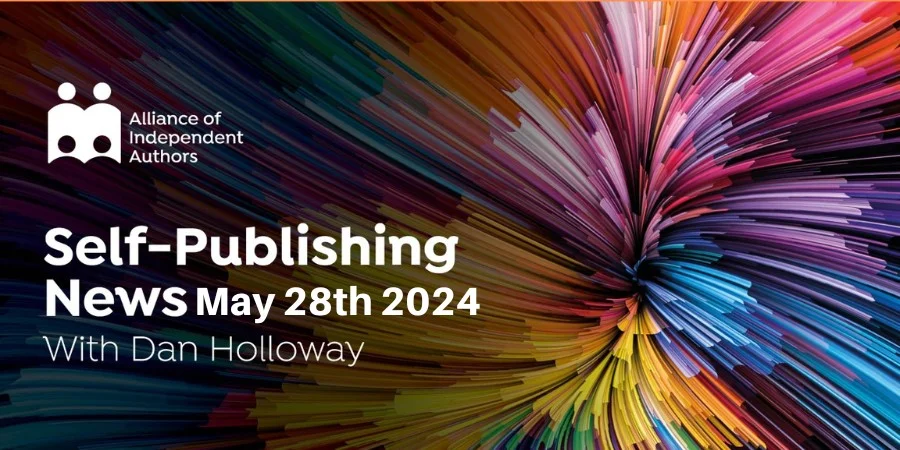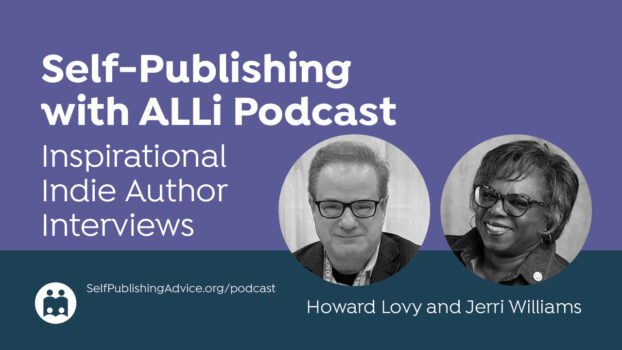
ALLi News Editor, Dan Holloway
It has recently been impossible to ignore the fact that the literary and political worlds are intertwined in complex ways. While the geopolitical events at the heart of the most recent entanglements, from Ukraine to Gaza, are new and of our time, the nature of the entanglement remains timeless. Authors are fiercely independent and opinionated beings. We have to be. Yet the publishing industry is reliant on large corporations whose financial dealings are often at odds with many of those opinions.
A lot of the time, those sources of finance are associated with parts of the industry that, even as indies, it’s hard to control our personal connections with some of these bodies. In particular, festivals, and it’s the most famous literary festival of all that has been in the spotlight this past week. Hay Festival has become a worldwide phenomenon, with its focus still centered around the small town on the England-Wales border where I spent a huge amount of time as a child and money as a young adult.
The reason for the controversy was Hay’s sponsorship by investment manager Baillie Gifford. Baillie Gifford is, of course, no newcomer in the literary world. They are longstanding sponsors of one of the UK’s most high-profile nonfiction prizes. They also include in their $220 billion-plus investment portfolio stakes in companies linked to fossil fuel companies and military connections with Israel. These factors led to several authors standing down from the festival in protest. Hay’s response has been to reject Baillie Gifford’s sponsorship.
The story raises lots of issues. As I said at the start, when it comes to festivals and prizes, these are not issues that we can avoid altogether by being indies. Though it seems in the case of the Baillie Gifford nonfiction prize, for which the latest round of entries opened last month, the terms and conditions do the thinking for us, with a very long paragraph explaining all the ways in which self-published titles are ineligible.
On the subject of sustainability in publishing, last week also saw the announcement of Jude Gates as the new chair of the Publishing Association Sustainability Task Force. The organization launched the Publishing Declares pledge on sustainability in 2020 and helps those in the industry design and use processes to expedite its move to a more sustainable way of doing business.




